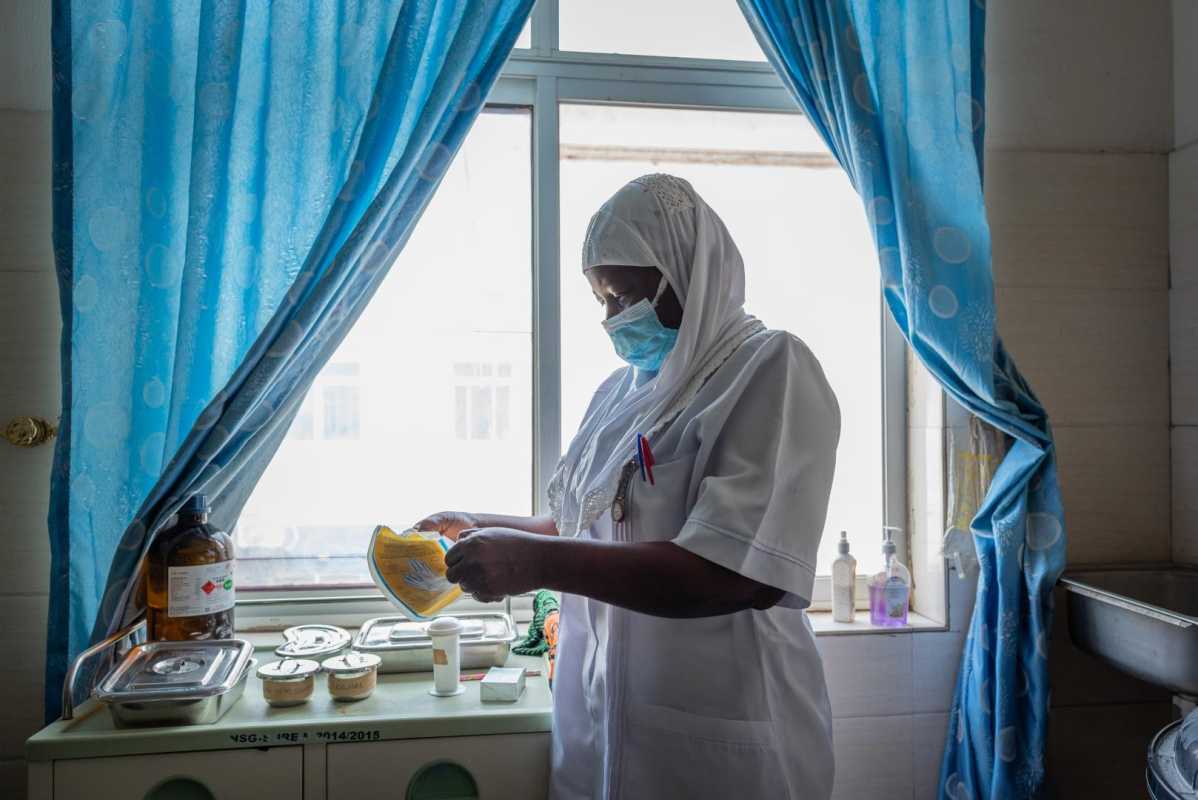Health
Zambia Implements HPV Testing to Combat Cervical Cancer

Lusaka – Zambia is making significant strides in the fight against cervical cancer by implementing human papillomavirus (HPV) testing. With the third highest burden of cervical cancer in the world, Zambia’s incidence and mortality rates are alarmingly high. In an effort to combat this preventable and treatable disease, Zambia has been conducting cervical cancer screenings since 2006, primarily using visual inspection with acetic acid (VIA). However, the overall screening coverage remains low at about 26%.
In 2019, Zambia initiated a pilot project to introduce HPV testing as a more accurate and sensitive screening method. This project, integrated into the HIV program, takes advantage of existing HIV clinics to reach women at higher risk. With over 1.5 million women screened using VIA since its inception, Zambia aims to achieve 90% HPV vaccination coverage, 70% screening coverage, and 90% treatment and care coverage by 2030 in line with the World Health Organization‘s global Cervical Cancer Elimination Initiative.
Zambia has expanded HPV testing to all 10 provinces and established 10 regional central laboratories by 2021. Over 110,000 tests have been conducted since its introduction, with more than 40,000 women screened in 2023 using the HPV-based method alone. To promote accessibility and convenience, self-sampling testing options have also been introduced in 345 facilities.
The transition to HPV testing has not been without challenges, but efforts are being made to overcome them. These include the development of guidelines and algorithms, improvement of data management systems, efficient supply chain management, reduction of result turnaround time, enhanced counseling services, and effective retention in the program. The World Health Organization has provided technical assistance and financing to support Zambia in these endeavors.
Successes in the transition process include an increase in funding partners supporting the intervention and successful integration of HPV testing into the HIV treatment and care program. However, the next step is to ensure the sustainability of these services beyond HIV care and treatment, reaching the general population.
Dr. Kennedy Lishimpi, from the Permanent Secretary, Technical Services Department, expressed the commitment of the Zambian government to accelerate progress towards WHO targets, hoping to reduce the burden of cervical cancer and save many women’s lives by harnessing the power of HPV testing.












